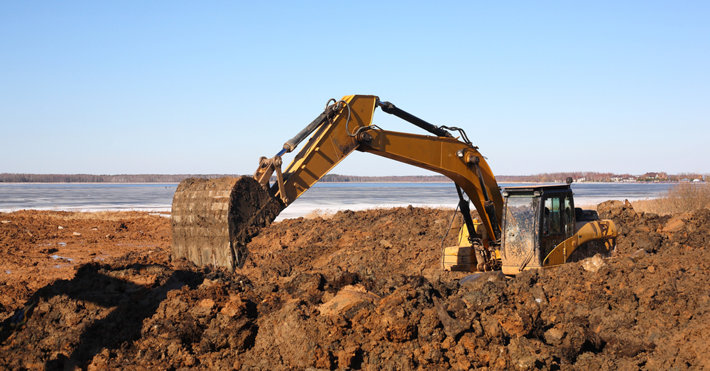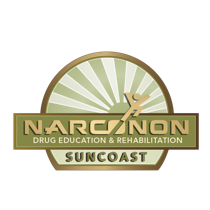When It Becomes Time for the Country to Rebuild, We Need to Think Big Picture

Every day across the globe, structures are torn down with the goal of building something better in its place. Right now, the whole infrastructure of America is being torn apart as we scramble to find solutions to make the world safe again. Our entire way of life is being challenged, as the impact is affecting every citizen regardless of whether they have been diagnosed with the virus or know someone who has. The government is reeling trying to soften the blow while a multitude of industries are crumbling before our eyes. A very large percentage of people are out of work while essential health care workers are risking their lives to help others and working tirelessly to flatten the curve. It’s a surreal time to be living, unlike anything any of us have ever experienced in this country. Eventually, the time to rebuild will come, and I hope we can strive to build a stronger foundation than the one we previously had, especially when it comes to addiction.
While there has been a lot of finger-pointing going on due to our lack of preparation for what has become, we have been letting addicts down for decades by not properly using our resources to help people suffering from addiction or sticking with methods that clearly aren’t working the way they are designed to work. I’ve already written about the lack of urgency to flatten the overdose curve during the opioid boom that was a direct result of our country’s irresponsible use of opioid prescriptions for pain management. As unprecedented and unfortunate as the outbreak of COVID-19 has been, one thing it does have the opportunity to do is shed light on other areas our country has repeatedly fallen short in. Every day I see stats on how COVID-19 deaths compare to other causes of death. According to a recent study, for the first time in history children that were born in 2017 are more likely to die from an opioid overdose than they are from a car accident. This is not okay, we must do better. Because every industry is being affected in one way or another by what is happening, we need to be thinking big picture when we go back to work and find better ways of doing things, not the least of which is how we handle addiction and addicts.

We need to start by how we look at our treatment centers and the status quo on what an adequate time frame is and what level of care and attention is required to give an addict the best chance to succeed. I can tell you from both first-hand experience and the knowledge gained by working in this field, 28-day programs or less that focus on dual-diagnosis are not helping us solve the addiction crisis. We need to stop accepting the ridiculously low success rates that come with this approach and find a better way of handling addiction and improving aftercare to give these people making an effort to turn their lives around a real chance to succeed. We need to stop slapping felony records on addicts which create barriers to them rejoining society and getting good jobs once they have cleaned up their lives. There is so much more we can do and I’m personally tired of the acceptance to our current system. It needs to change; it must change if we are going to flatten the overdose curve that has continued to spike as the opioid crisis marches on.
There isn’t much of a silver lining with our current predicament, I get that. People are getting sick, lives are being lost, and the rest of us are trying to figure out a way to keep our heads above water as most of the country has been shut down for the foreseeable future. But there will come a time when we must get back to work and we will have an opportunity to create that silver lining. We need to look at the areas this pandemic has shined a light on and build something better, a better future for our kids and their kids and the generations to come. Addiction is one of those areas that badly needs a new infrastructure and foundation, one in which we treat and help those who lose their way by creating a path to recovery that isn’t surrounded by failure.
